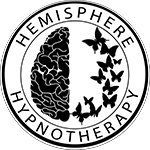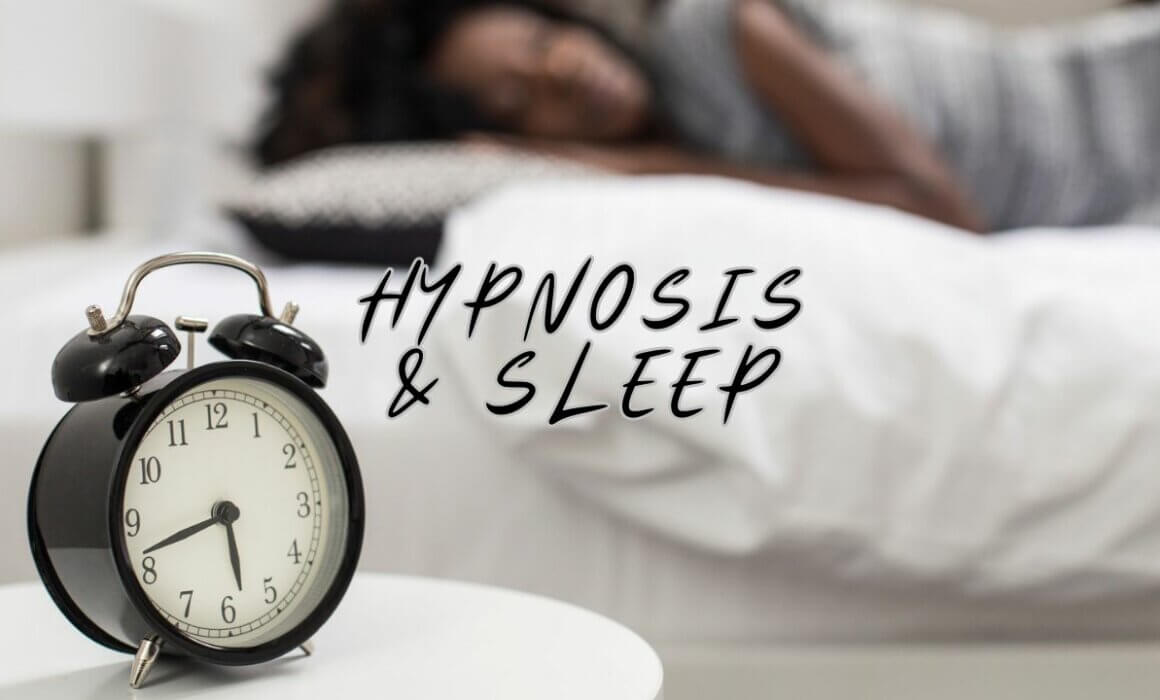Hypnosis and Sleep: Combatting Insomnia and Enhancing Sleep Quality with Hypnotherapy
Are you struggling with insomnia or other sleep disorders? If so, you’re not alone. Standard advice like reducing screen time before bed helps, but not always. A calming nighttime routine and a sleep-friendly bedroom may also not be enough. Hypnotherapy could be the solution you’re seeking. This unconventional technique is gaining popularity. Today, we delve into hypnosis and sleep. We’ll explore how it can help combat insomnia and enhance overall sleep quality.
What is Hypnotherapy?
Hypnotherapy involves using hypnosis – a trance-like state of focus and concentration – to promote healing and change. Contrary to popular belief, hypnosis doesn’t involve mind control or unconsciousness. Instead, it is a heightened state of focus where the person is fully aware but more receptive to suggestions. In this relaxed state, they can tap into the subconscious mind to address and alter deeply-rooted beliefs, behaviors, or health issues, including sleep disorders like insomnia.
Hypnotherapy for Insomnia: A Natural Solution
Numerous studies have highlighted the potential benefits of hypnosis in treating insomnia. A paper published in the Sleep Journal showed that individuals who received hypnotherapy experienced significant improvements in sleep latency, duration, and quality. Moreover, the therapeutic effect of hypnosis was long-lasting, extending beyond the treatment period.
Insomnia often has psychological roots, such as stress, anxiety, and depression. By tapping into the subconscious mind, hypnotherapy can help address these underlying issues, improving sleep quality. Unlike sleeping pills, which can be habit-forming and come with a host of side effects, hypnotherapy offers a natural, non-addictive alternative.
Hypnosis and Sleep: How Does Hypnosis Improve Sleep?
In hypnosis, the individual is guided into a state of deep relaxation. This process includes visualization techniques and suggestive language that can help promote better sleep habits.
For example, a hypnotherapist might suggest visualizing a peaceful place and associating it with a good night’s sleep. Over time, the mind begins to associate this visualization with the act of sleeping, making it easier to drift off at night.
Furthermore, hypnotherapy can help individuals deal with issues affecting their sleep indirectly. For example, it can aid in stress management and improve coping strategies, which can, in turn, lead to more restful sleep.
Hypnosis and Other Sleep Disorders
Beyond insomnia, hypnosis has shown promise in treating other sleep-related conditions. A Swiss study found that women who listened to a hypnosis recording before sleep spent more time in deep sleep, which is vital for physical restoration and healing. This suggests that hypnotherapy could effectively treat conditions like sleep apnea and restless legs syndrome, where quality deep sleep is often compromised.
Conclusion: An Alternative Path to Restful Nights
Hypnotherapy offers an intriguing solution for those battling sleep disorders. Whether it’s insomnia, restless legs syndrome, or sleep apnea, this non-pharmaceutical approach could pave the way towards restful nights and energetic days.
Like all therapies, the effectiveness of hypnotherapy varies between individuals, so it’s essential to approach it with an open mind and realistic expectations. It’s always recommended to consult with a professional before starting any new treatment for sleep disorders.
So, the next time you find yourself lying awake at night, remember: hypnotherapy might be the tool to guide you into a peaceful slumber. Hypnotherapy can empower you in so many ways.
Please note, this blog post is intended for informational purposes and does not constitute medical advice. Always consult with a healthcare provider for personalized
advice.

